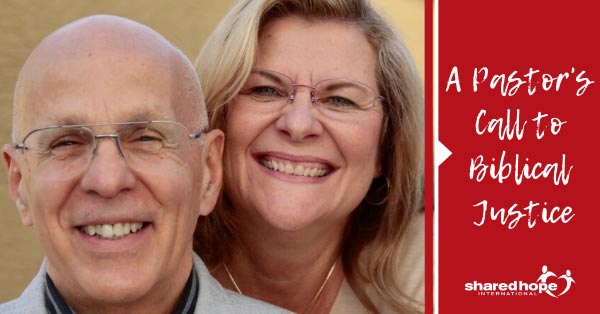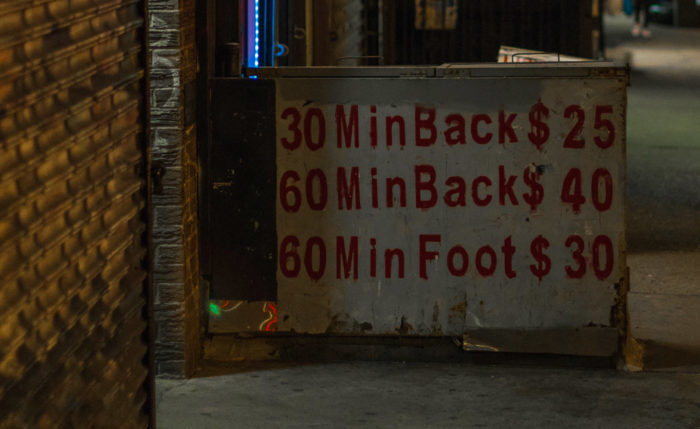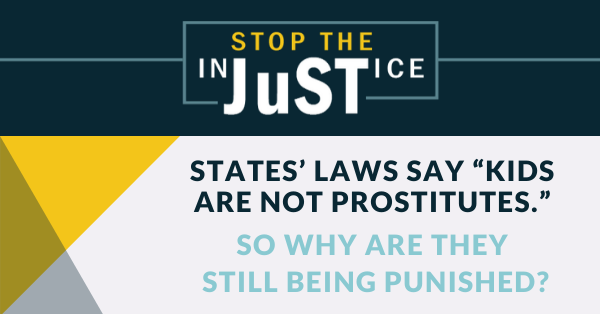We who believe in a big God, who loves us and cares about every detail of our lives, often are unaware of His hand guiding us years before we actually recognize we have been called to a specific assignment.
 My husband, an ordained minister, and I worked as a team in “marketplace ministry”, or the business world. Clearly, we did not need to be within the walls of a structured church to find hurting people who needed to know God’s love for them. That message of hope was crucial for the many who would cross our path in the business world but who would never come into a church building–people with needs, hurting hearts and dreams being nursed without fulfillment. Although our paycheck was signed by a corporation, instead of a church, we were still very much in ministry, maybe even more so. After several successful careers and meeting amazing people that remain in our lives today, we were invited to return to structured ministry in support of a large church as associate pastors…pastors, plural.
My husband, an ordained minister, and I worked as a team in “marketplace ministry”, or the business world. Clearly, we did not need to be within the walls of a structured church to find hurting people who needed to know God’s love for them. That message of hope was crucial for the many who would cross our path in the business world but who would never come into a church building–people with needs, hurting hearts and dreams being nursed without fulfillment. Although our paycheck was signed by a corporation, instead of a church, we were still very much in ministry, maybe even more so. After several successful careers and meeting amazing people that remain in our lives today, we were invited to return to structured ministry in support of a large church as associate pastors…pastors, plural.
Not only did they wish to ordain my husband within their network of churches, they asked me to accept ordination as a female pastor. Because it was their practice to ordain both husbands and wives as teams, I agreed, though ordination held no particular significance for me! With or without it I would continue doing what I was already doing: loving people, sharing the love of God and helping where I could.
In that church, a small group of young adults had been set afire to fight human trafficking, and being their oversight pastors, we were impressed by their passion and agreed to let them host an event in January, which we learned is Anti-Trafficking month. I must confess I felt I’d fulfilled my obligation to have given this social issue a place for that one Sunday. But they didn’t quit! They kept the issue alive in the church and community with skits, t-shirts, conversations, and then participation in Lobby Day to End Trafficking at the state capital. They asked me to go with them.
On the drive down, they reviewed their talking points in favor of legislation to deter sex trafficking. I loved their determination to speak for those who weren’t being heard–victims of sex trafficking in the USA, but personally, I was unfamiliar with both the issue and the wheels of justice! So I told them they needed to do all the talking.
We had appointments with lawmakers on both sides of the aisle. A survivor of child sex trafficking, now an adult, came with us to share her powerful story supporting the need for the proposed legislation. I listened as these young ladies made their case, told their stories, and left their printed materials. I was proud of what they were doing. Our last appointment was with a Senator known for her no-nonsense approach, and ‘just the facts’ mannerism. As they shared their talking points, I stood looking out the window over the seats of power in our state, and felt God speak to my heart, “Ask to pray for her.” I must confess I wrestled with it – just how would I do that? I knew nothing of her own faith, or how she might feel about the separation of church and state being breeched right here in her senatorial office. It was a moment until I remembered my business card that clearly stated I was an ordained minister. Well, why not? I’m a card-carrying member of people who are supposed to pray, right?
As the young people wrapped up their presentation, I stepped to her desk, handed her my card, and said, “Senator, I am these young ladies’ pastor, and I’d like to pray for you if you’d let me.” She was visibly uncomfortable but agreed. I stood next to her, laid my hand on hers, and simply thanked God for her in her service to our state, recognizing that He had called her to protect and care for us and that we were grateful. Then I prayed she would have the wisdom to know what is right, the courage to do what needed to be done and that He would walk with her every day. As I said amen, she quickly said “thank you, and excuse me”, and exited into the Senate chambers adjoining her office. The thought came to me to follow her. Why not? I was already in this far… why doubt the ‘voice’ now?
She was leaning against one of the large, marble pillars encircling the Senate chambers, wiping a tear. I said, “Senator, I believe that this legislation will help children like Deni to have a childhood. Thank you for listening to us today. If there’s ever anything I can pray for you, please email me.” And I left.
In the months and years that followed, she often emailed me with requests, sometimes personal, sometimes legislative, but the door remained open and we became friends of an odd sort. That fall, I was invited to open the legislative session in prayer in those same chambers. It was the first time in the state’s history that an ordained woman had ever been asked to pray on that momentous day. It was my own “aha” moment, why I had to be ordained years before.
Many years later, now I’ve found myself testifying on behalf of legislation to end domestic child sex trafficking in senate hearings, and special committee hearings. I am part of a national powerhouse organization, Shared Hope International, as they shape laws to protect survivors, and work with all 50 states and DC on justice and restoration initiatives.
Did I see this coming? No, I just said “yes” and the rest was God’s job to fulfill His calling in my life. What events in your life seem to be creating a path to fight child sex trafficking? Find out more how you can become activated by becoming a Weekend Warrior, a trained volunteer Ambassador of Hope, or be involved in advocating for better laws.









